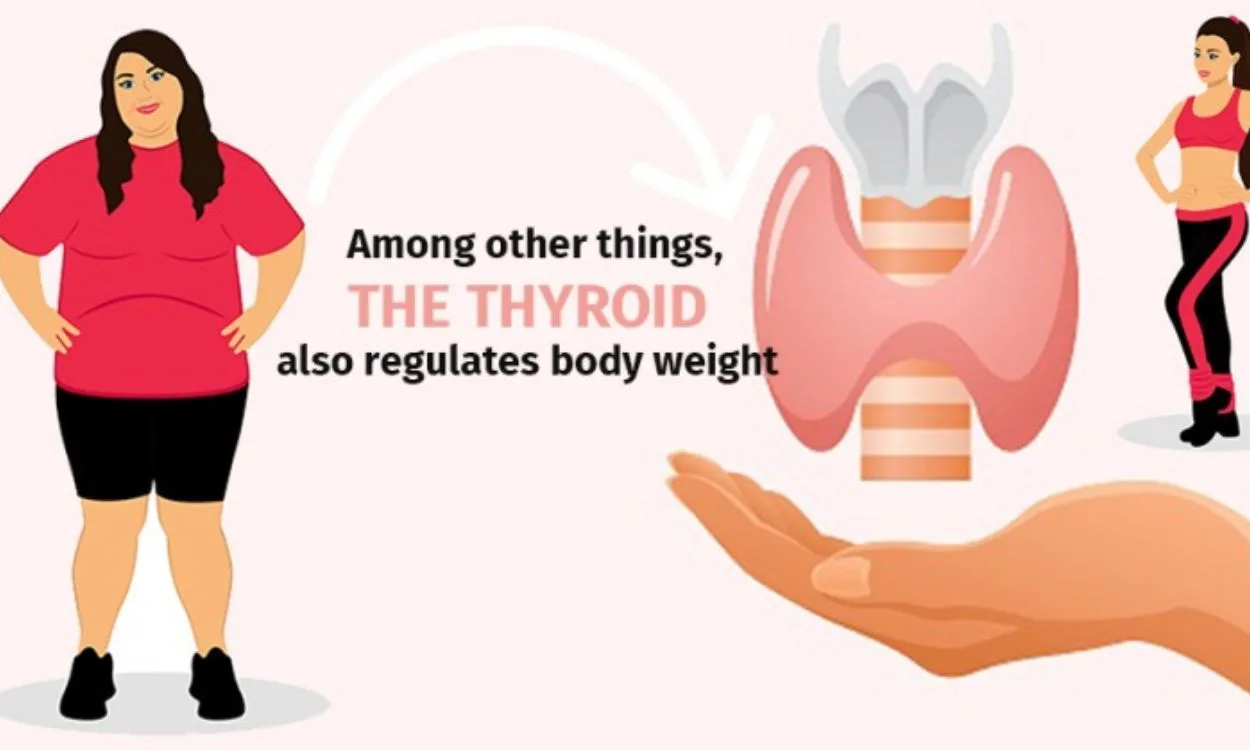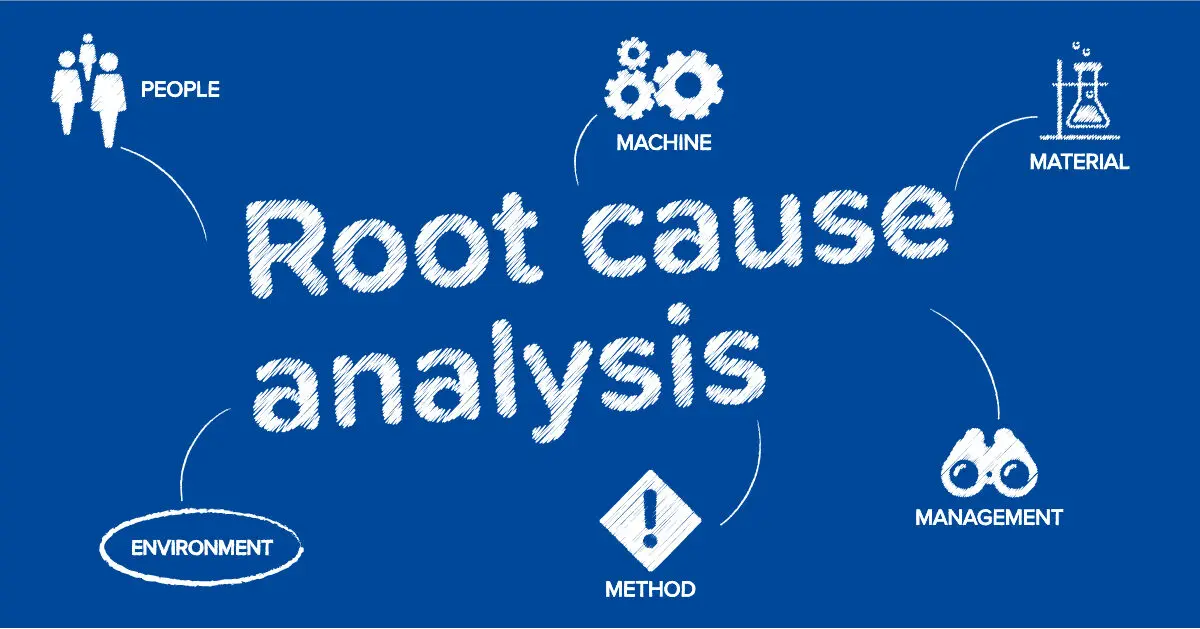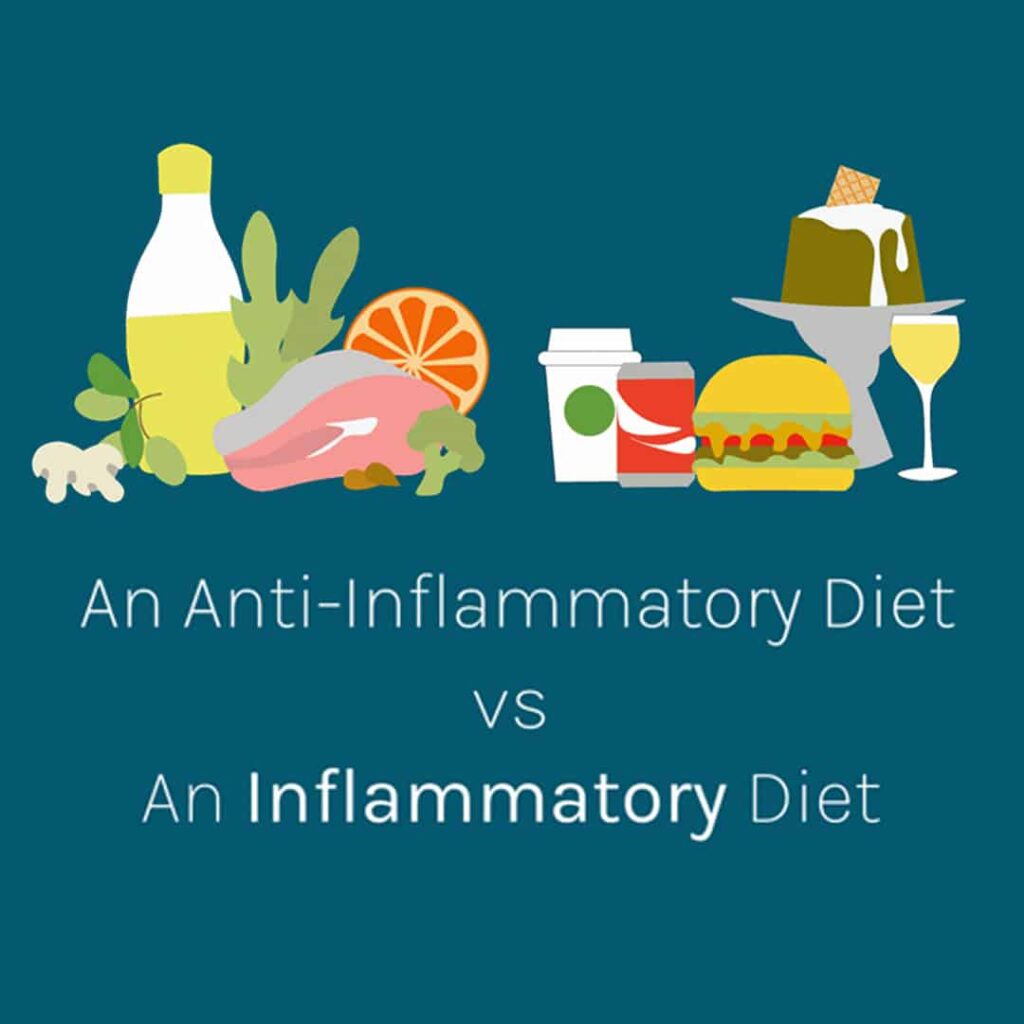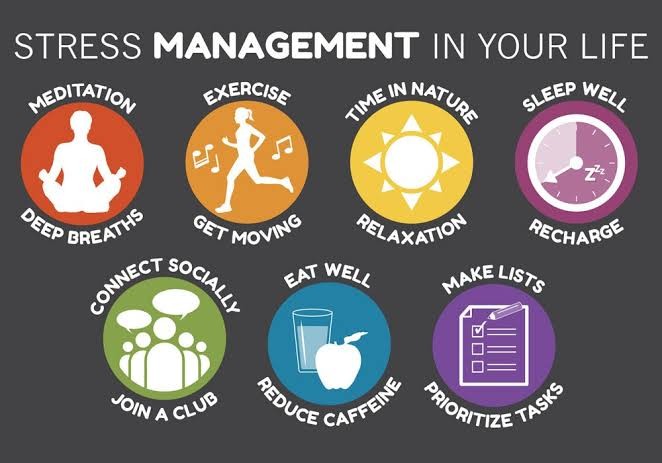
For individuals battling hypothyroidism, weight gain can be one of the most frustrating and persistent symptoms. While conventional medicine plays a crucial role in treating hypothyroidism, functional medicine offers a complementary approach that addresses the root causes and provides comprehensive strategies for managing weight. This article explores how combining both approaches can help you become a true weight loss warrior.

Understanding the Connection: Hypothyroidism and Weight Gain
Hypothyroidism affects metabolism in multiple ways:
- Slows basal metabolic rate
- Decreases energy expenditure
- Alters fat storage and utilization
- Impacts hunger and satiety hormones
- Affects gut health and nutrient absorption
- Influences insulin sensitivity
The Functional Medicine Approach
Functional medicine takes a holistic view of hypothyroidism by addressing several key areas:
Root Cause Analysis
Rather than simply treating symptoms, functional medicine practitioners investigate potential underlying causes of thyroid dysfunction:
- Autoimmune conditions (Hashimoto's thyroiditis)
- Gut health and inflammation
- Environmental toxins
- Nutrient deficiencies
- Stress and adrenal function
- Food sensitivities

Comprehensive Testing
Beyond standard TSH and T4 testing, functional medicine may include:
- Full thyroid panel (TSH, Free T3, Free T4, Reverse T3, thyroid antibodies)
- Nutrient level testing
- Gut health assessment
- Adrenal function testing
- Food sensitivity testing
- Environmental toxin screening
Personalized Nutrition Strategies
A functional approach to nutrition includes:
Anti-inflammatory Diet:
- Eliminate common trigger foods (gluten, dairy, soy)
- Focus on whole, unprocessed foods
- Include thyroid-supporting nutrients
- Emphasize organic produce when possible

Nutrient Optimization:
- Selenium-rich foods (Brazil nuts, fish)
- Zinc-containing foods (pumpkin seeds, oysters)
- Iodine sources (seaweed, fish)
- Iron-rich foods (grass-fed meat, leafy greens)
- Tyrosine sources (eggs, almonds)
Lifestyle Modifications
Exercise Optimization:
- Start with low-intensity activities
- Gradually increase intensity
- Focus on strength training
- Include stress-reducing movement (yoga, tai chi)
Stress Management:
- Regular meditation or mindfulness practice
- Adequate sleep (7-9 hours)
- Stress-reducing activities
- Work-life balance

Environmental Detoxification
- Reduce exposure to endocrine disruptors
- Filter drinking water
- Use natural personal care products
- Choose organic produce when possible
- Regular detoxification support
Integrating Conventional and Functional Approaches
Medical Management
- Work with both conventional and functional medicine practitioners
- Optimize thyroid medication dosing
- Regular monitoring of thyroid levels
- Adjustment of treatment as needed

Supplementation Strategy
Under practitioner guidance:
- Vitamin D
- Selenium
- Zinc
- Magnesium
- Probiotics
- Omega-3 fatty acids
Practical Tips for Success
Track Progress Beyond the Scale
- Body measurements
- Energy levels
- Sleep quality
- Digestion
- Mood
- Exercise tolerance

Create a Supportive Environment
- Remove trigger foods
- Stock healthy options
- Prepare meals in advance
- Engage family support
Address Emotional Aspects
- Work with a health coach or therapist
- Join support groups
- Practice self-compassion
- Set realistic goals
The Path Forward
Conquering hypothyroidism-related weight gain requires patience, persistence, and a comprehensive approach. Functional medicine offers valuable tools and insights that, when combined with conventional treatment, can help create a more effective weight management strategy.
Remember:
- Weight loss may be slower than for people without thyroid issues
- Focus on overall health improvements, not just numbers on the scale
- Celebrate small victories and progress
- Stay consistent with both lifestyle changes and medical treatment
- Regular monitoring and adjustment of your approach is key
By taking a holistic approach that addresses root causes, optimizes nutrition, manages stress, and supports detoxification, you can develop a sustainable strategy for managing your weight while living with hypothyroidism. The journey may be challenging, but with the right support and approach, you can become a true weight loss warrior.


.png)


